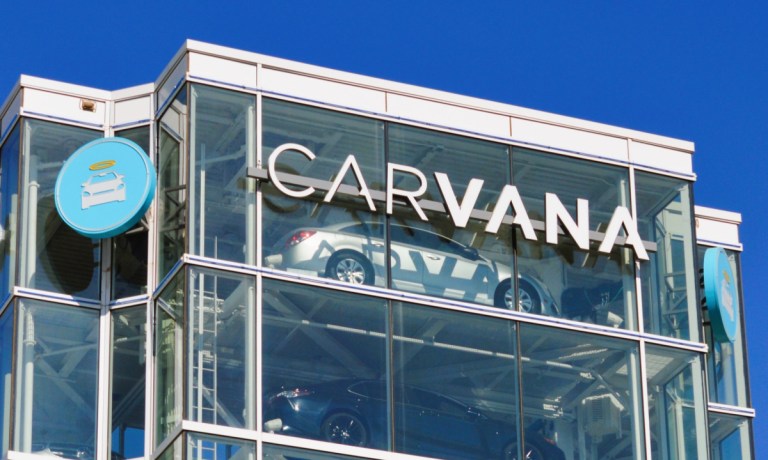Carvana Reports Turnaround After Cutting Costs With Layoffs, Adding AI Tools

Online used car firm Carvana has reportedly turned around its operations and debt over the past 18 months, lifting its stock price from $5 to $55.
Company CEO and Chairman Ernie Garcia, III is optimistic about the future, believing that much of the cost-cutting is now done, CNBC reported Friday (Feb. 2).
One of the key factors in Carvana’s turnaround has been its ability to reduce expenses, according to the report. Through layoffs and other cost-cutting measures, the company has taken $1.1 billion of annualized expenses out of the business. Carvana has also introduced a new software platform called “Carli,” which incorporates artificial intelligence (AI) for streamlining the vehicle reconditioning process.
Carvana’s business model revolves around buying and selling used cars, which involves a complex and labor-intensive process, the report said. Each vehicle undergoes a thorough inspection, repair and sale preparation process. The company has also invested in delivering vehicles to customers’ homes and operating its car vending machines across the country.
The company consistently achieved sales growth from its initial public offering in 2017 through 2022, per the report. However, retail sales dipped 3% in 2022 and another 27% by the third quarter of 2023.
The restructuring efforts were launched in 2022 to address changing market dynamic, according to the report. Carvana is currently in the second phase of a three-step restructuring plan, aiming to achieve positive unit economics and return to growth.
To optimize operations and reduce costs further, Carvana has embraced new technologies, the report said. The introduction of the Carli suite of software solutions has helped reduce the cost of the vehicle reconditioning process. The company has also developed custom tools for logistics activities, resulting in cost savings and improved operational efficiency.
Despite the company’s turnaround, concerns have been raised regarding the Garcia family’s control of 88% of the company through special voting shares, per the report. Lawsuits alleging a “pump-and-dump” scheme have been filed against the family.
While Carvana has made significant progress, its debt load remains a significant factor, the report said. Although the company reduced its total debt outstanding through a recent deal, a substantial portion of the debt will come due later this decade.